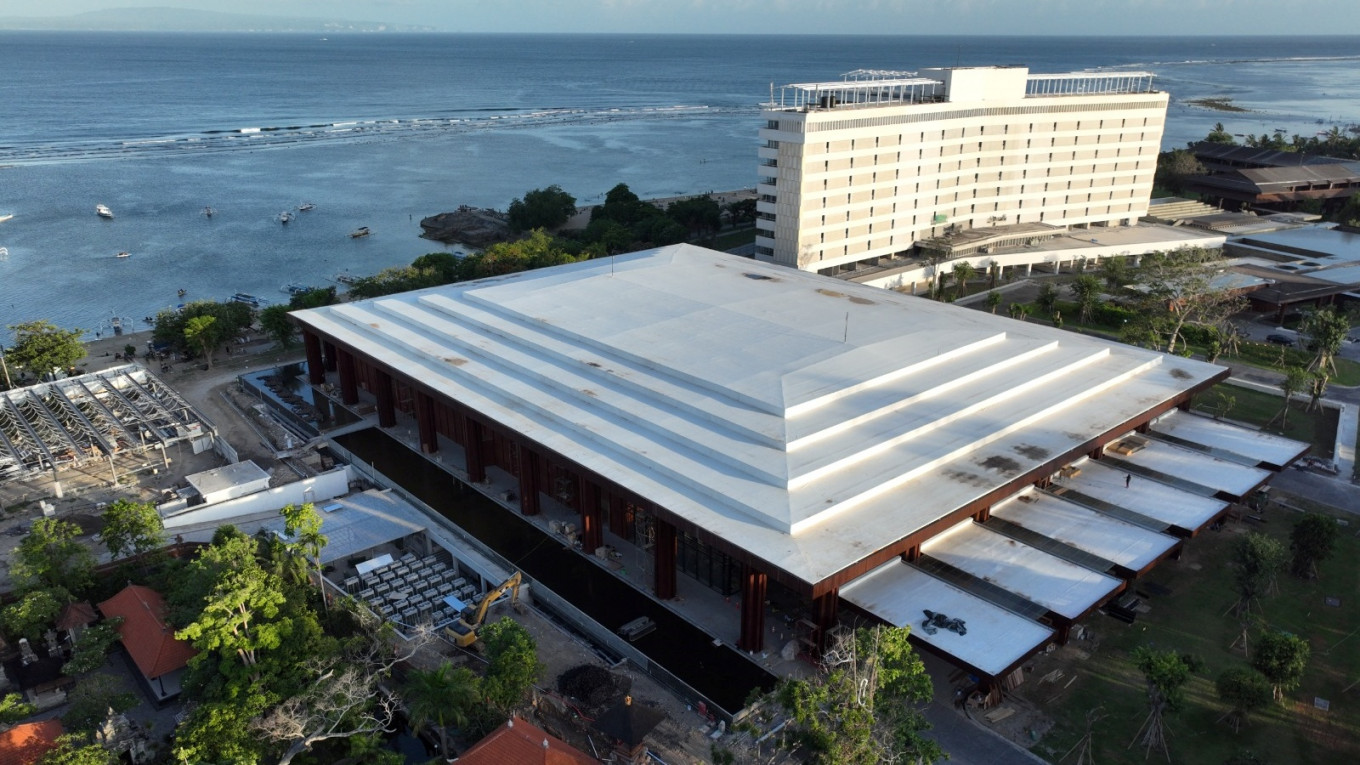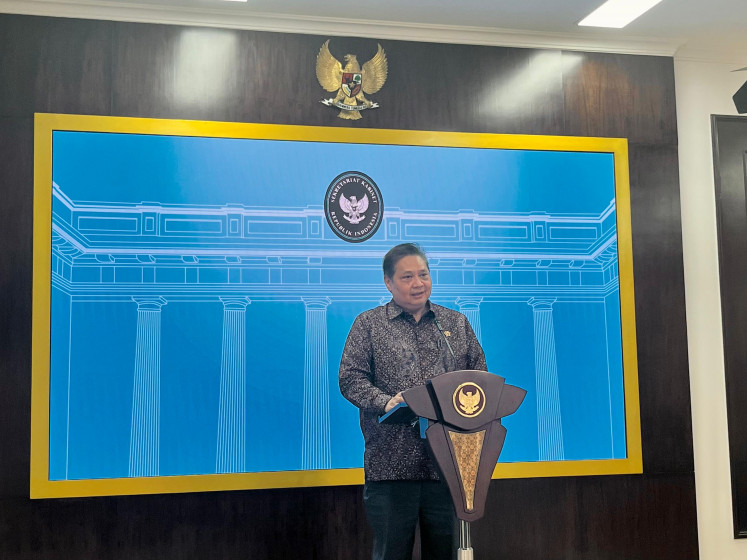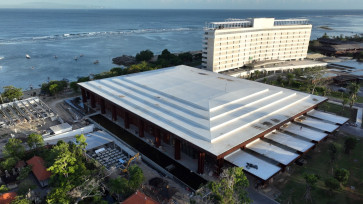Popular Reads
Top Results
Can't find what you're looking for?
View all search resultsPopular Reads
Top Results
Can't find what you're looking for?
View all search resultsChallenges of healthcare tourism special economic zone
As an illustration, Indonesia loses some US$11.5 billion annually as over 1 million citizens seek treatment overseas.
Change text size
Gift Premium Articles
to Anyone
T
he government has established two special economic zones (SEZs) for tourism and healthcare, namely the Sanur SEZ in Bali and the Batam SEZ in Riau Islands province.
Both regions are considered to have potential and advantages in the healthcare and tourism sectors so that they can attract high-value investments and create jobs to accelerate regional and thus national economic development. In addition, both regions are also assessed to be ready to develop the healthcare and tourism sectors to international service standards, making them a reference for both domestic and international communities in accessing healthcare services. Specifically, this is expected to reduce the country's foreign exchange losses caused by the large number of people who have been choosing to seek treatment abroad.
As an illustration, Indonesia loses some US$11.5 billion annually as over 1 million citizens seek treatment overseas. Will the development of the Sanur and Batam SEZs for tourism and healthcare be able to change the public’s preference? What challenges and obstacles will be faced in the development of the tourism and healthcare SEZ? What factors will determine the success of the zone?
In our opinion, the success of the tourism and healthcare SEZ in changing public preferences to seek medical treatment domestically will greatly depend on the public's perception of the quality of healthcare services within the country. According to the 2023 Indonesian Health Survey, there are several factors that encourage people to seek medical treatment abroad. The public perceives that healthcare facilities abroad offer comprehensive facilities (93.5 percent), services that meet expectations (91.7 percent), fast/accurate/precise services (89.3 percent), comfortable rooms (86.8 percent), communicative staff (84.8 percent), easy and accessible locations (47.9 percent) and affordable prices (35.7 percent).
Meanwhile, in the Indonesian Private Hospital Association’s (ARSSI) patient perception survey on hospitals in Indonesia, 70.5 percent of respondents considered the communication of staff, including doctors, at Indonesian hospitals to be poor (lacking empathy). Additionally, 61.4 percent of patients believed the consultation time provided by doctors in Indonesian hospitals was shorter than at hospitals abroad.
Furthermore, 49.0 percent of patients assessed the medical equipment in Indonesian hospitals as less advanced, and 30.3 percent of patients considered the diagnoses at these hospitals to be less accurate. We understand that changing public perceptions is not an easy task. In this regard, the tourism and healthcare SEZ must provide a new experience and be able to convince the public that the quality of healthcare facilities offered is on par with those abroad.
In addition to public perception, there are several challenges in the development of the tourism and healthcare SEZ.



















